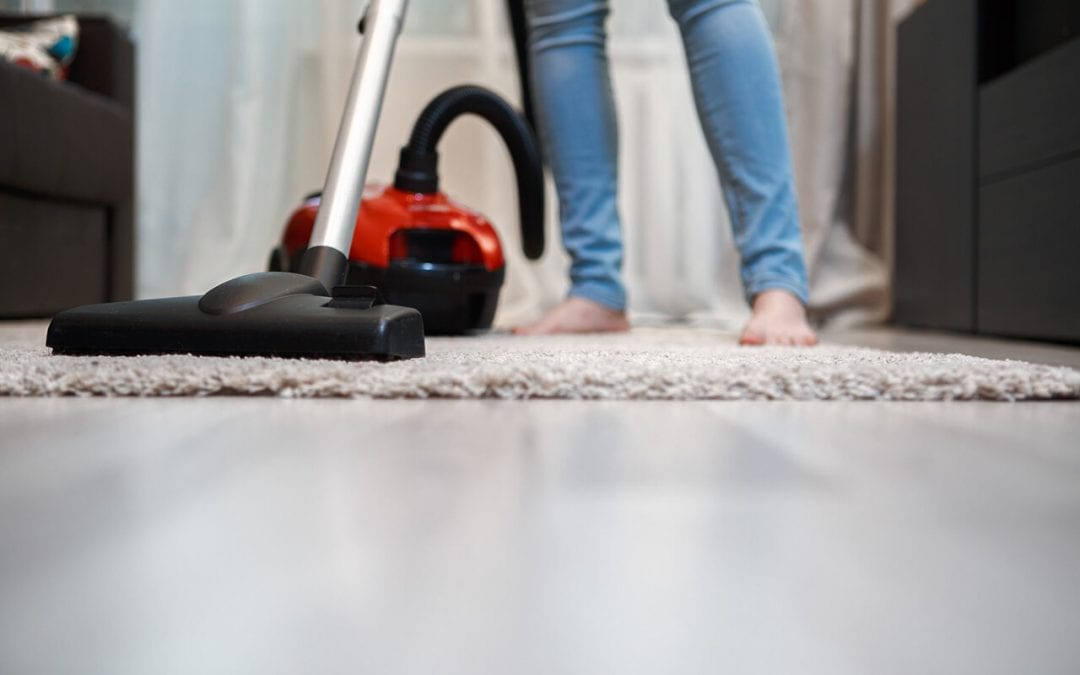Poor air quality in a home or apartment can affect respiratory health. Allergens and other air pollutants build up indoors, especially when there is a lack of air-flow from outside. Fortunately, there are several easy steps you can take to improve air quality in your home.
Eliminate Specific Sources of Allergens to Improve Air Quality
For those with allergies, asthma, or other respiratory problems, it’s important to identify specific triggers in the home and eliminate them. Older houses may contain more serious air pollutants like asbestos and lead, and damp basements may be harboring mold and mildew. Have your home checked for any specific sources of air pollution and remove them to improve air quality in your home.
Clean Regularly
Another way to keep the air clean is to regularly remove dust, animal hair, mold, and other allergens. Vacuum carpeted areas weekly to help prevent allergens from accumulating, especially in households with pets. Keep up with dusting. Launder curtains, bedding, and other washable materials to keep dust and pet dander under control. Declutter your home to prevent dust and other allergens from collecting on surfaces.
For Better Air Quality, Let Outdoor Air In
Another simple way to improve air quality in your home is to keep it well ventilated. If the home is always sealed, allergens and pollutants have nowhere to go. Ventilate by opening the windows or turning on ventilation fans when cooking and showering. Even in cooler weather, occasionally open windows to allow fresh air to circulate throughout the home.
Change Filters Regularly
Forced-air heating and cooling systems have air filters that trap allergens and dust. These filters help to improve indoor air quality, however, they do need to be changed regularly since they collect dust and dirt. How often the filter needs to be changed depends on the manufacturer’s instructions, whether there are pets, and whether anyone in the home has allergies. Changing the air filter on time is important to maintaining good air quality.
Improve Air Quality in Your Home with an Air Purifier
If there is a constant source of allergens in your home (a family pet, for example), an air purifier may be a good solution. An air purifier will remove airborne particles to improve indoor air quality. According to an article by the EPA (Environmental Protection Agency), the effectiveness of an air purifier depends on two factors: how well it collects pollutants and how much air it draws through the filter. An efficient air purifier with a high air-circulation rate will perform the best.
Any of these methods for improving indoor air quality can make a big difference in your home environment.
Spyglass Property Inspections offers mold testing and other home inspection services. If you’re concerned that mold may be contributing to poor indoor air quality, contact us for an appointment in Metro Atlanta.

